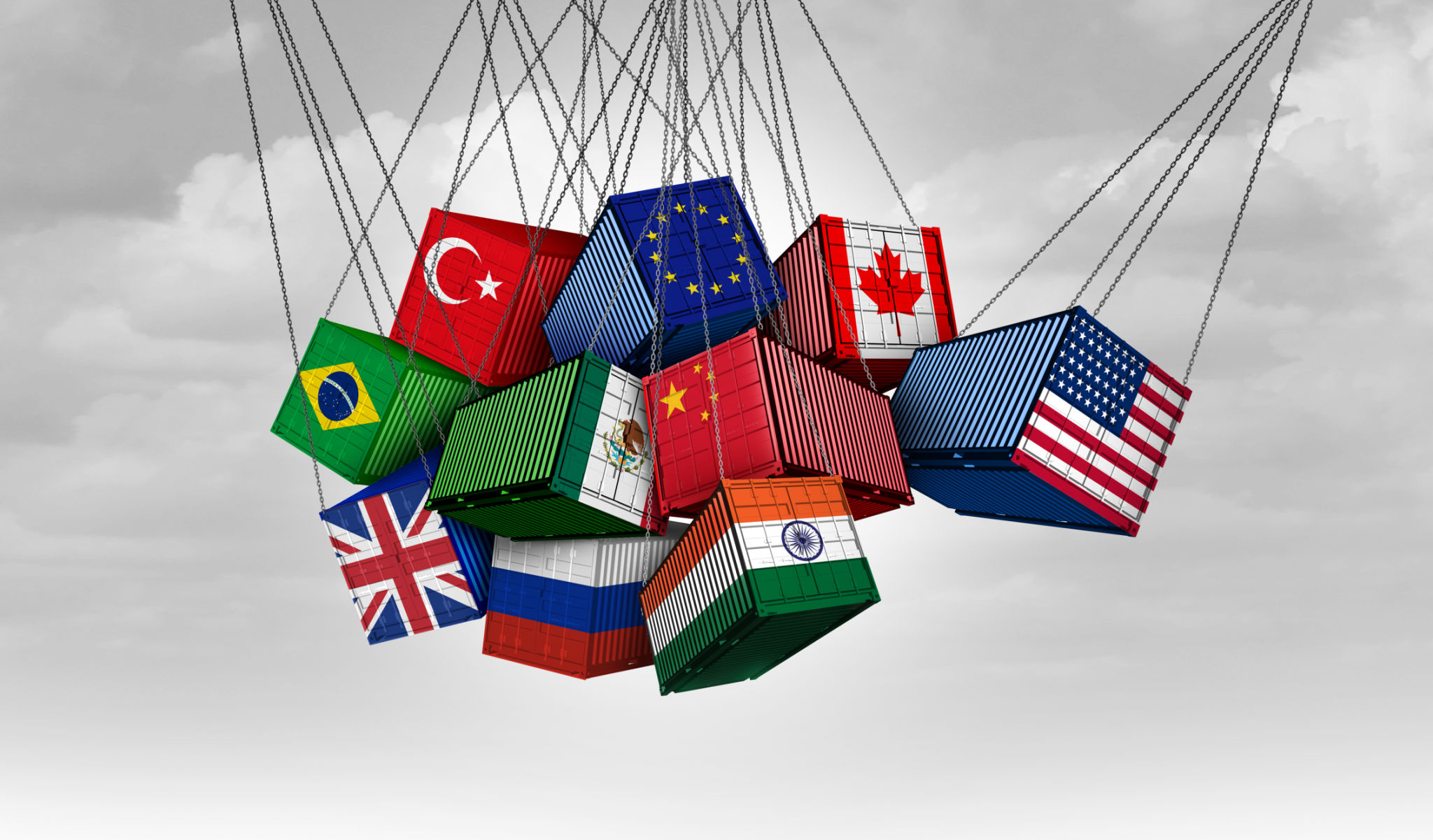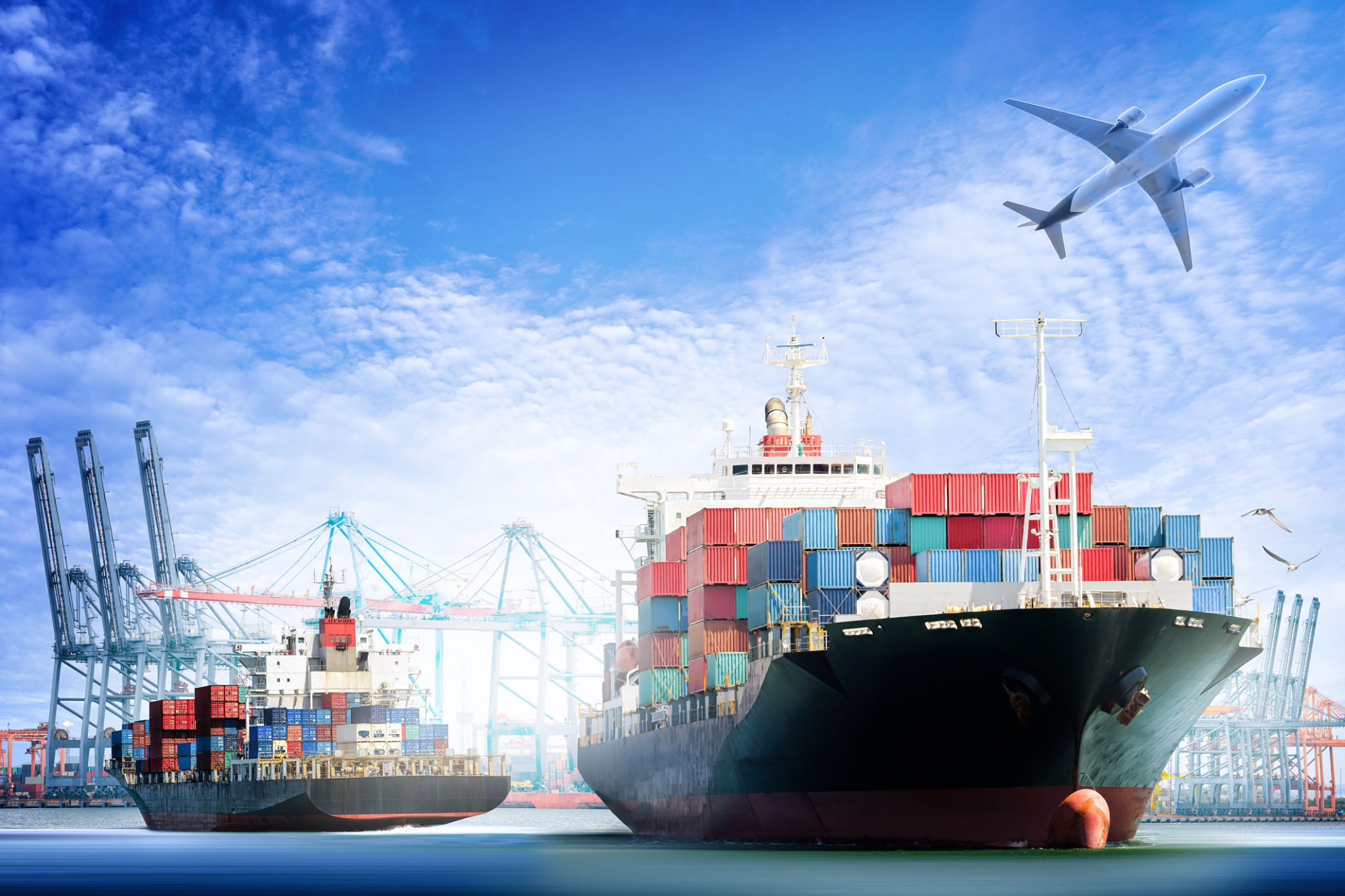The Role of Translation in Global Business Expansion
The Importance of Translation in Global Business
In today's interconnected world, the ability to communicate across languages is more crucial than ever for businesses aiming to expand globally. Translation not only facilitates effective communication but also helps in building trust and fostering relationships with international partners and customers. As companies strive to capture new markets, understanding the role of translation becomes essential.

Bridging Cultural Gaps
One of the primary roles of translation in global business is bridging cultural gaps. Each region has its own language, cultural nuances, and business etiquette. Effective translation goes beyond mere word-for-word substitution; it requires a deep understanding of cultural contexts. This ensures that the message resonates with the local audience and maintains the intended tone and meaning.
By employing professional translators or translation services, businesses can avoid potential misunderstandings that may arise from cultural differences. This sensitivity to cultural nuances can make a significant difference in how a brand is perceived in a new market.

Expanding Market Reach
Translation plays a pivotal role in expanding a business's market reach. By translating marketing materials, websites, and product information into multiple languages, companies can effectively target a broader audience. This not only increases brand visibility but also opens up opportunities to engage with potential customers who may not speak the company's original language.
A well-translated website or marketing campaign can significantly enhance user experience and drive customer engagement. Businesses that invest in quality translation are more likely to succeed in capturing the interest of diverse market segments.

Enhancing Brand Reputation
Accurate translation helps in maintaining and enhancing a brand's reputation on a global scale. Misinterpretations or poorly translated content can lead to negative perceptions and damage a brand's credibility. By ensuring that all communications are accurately translated, businesses demonstrate their commitment to quality and respect for their international audiences.
Moreover, a strong reputation built on reliable translation can lead to increased customer loyalty and advocacy, further establishing the brand in new markets.
Legal and Regulatory Compliance
When expanding into new territories, businesses must navigate different legal and regulatory landscapes. Translation is crucial for ensuring compliance with local laws and regulations. This includes translating legal documents, contracts, and compliance materials into relevant languages to avoid potential legal issues.
By prioritizing accurate translation of legal documents, businesses can mitigate risks and ensure smooth operations in international markets.

Conclusion: Investing in Professional Translation
In summary, translation is an indispensable component of global business expansion. It bridges cultural gaps, expands market reach, enhances brand reputation, and ensures legal compliance. Companies looking to succeed on the international stage must prioritize professional translation services to effectively communicate with their diverse audiences.
By investing in high-quality translation, businesses not only improve their chances of global success but also demonstrate respect and consideration for their international clientele.